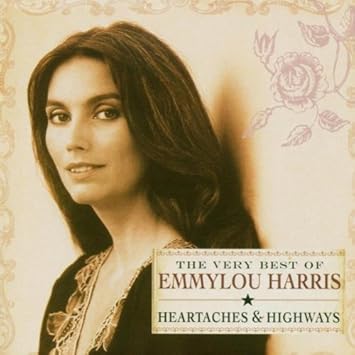 Early this morning I read much of that slim masterpiece, Love's Endeavour, Love's Expense. You know those times you wake up and know you won't sleep again? There doesn't have to be an explanation, at least not one that tries to make out that the occasional refusal of the body to sleep is explicable or a problem. A large mug of tea, a couple of hours of quiet, and a favourite book, with margin marks as footprints of previous readings of this book whose first reading in 1977 set me on a theological trajectory the impulse of which still propels my theological research and spiritual quest.
Early this morning I read much of that slim masterpiece, Love's Endeavour, Love's Expense. You know those times you wake up and know you won't sleep again? There doesn't have to be an explanation, at least not one that tries to make out that the occasional refusal of the body to sleep is explicable or a problem. A large mug of tea, a couple of hours of quiet, and a favourite book, with margin marks as footprints of previous readings of this book whose first reading in 1977 set me on a theological trajectory the impulse of which still propels my theological research and spiritual quest.
Today is the Feast of the Holy Cross. So I sat reading Vanstone, and now and then gazing across the study at the sculptured wall panel, a study of the XII station of the cross, a gift from my friend with whom I've talked often about art, tragedy, beauty and God. Without planning or intention, those early hours in silence and peace became prayer as words and image coalesced, and the cruciform shape of love formed and reformed around words like redemptive, creative, reconciliation, peace and life through death as death dies.
This book has instructed my mind and heart throughout my years of ministry and learning. When Jesus said, "Come to me all who labour and are heavy laden and I will give you rest", he went on to extend that invitation beyond the promised renewal of rest to a call to lifelong learning. "Take my yoke upon you and learn of me, for I am gentle and humble in heart…"
It's hard to find a better definition of a Christian – one who takes on the yoke of Christ and learns of Him,for the rest of their lives. The yoke, which harnesses the strength and energy of the ox to purpose; the student, who learns by being with the Teacher; combine them and you have the meaning of folloqwing faithfully after Jesus. This book, even in its title, is profoundly and enduringly Christ focused and crucicentric – it is about God's love, precarious, vulnerable, sacrificial, expensive, risky and with no guaranteed outcome. God's love becomes effective by not being cost effective, love wins without coercion and therefore risks losing. Vanstone's hymn says all this, a masterpiece of evocative theology which looks on the suffering love of God, in all its tragic triumph, and because of the clear vision of what the cross means to God and to Creation, looks without flinching. The cross reveals love;s endeavour and love's expense, and the response is theology lifted to doxology.
Morning glory, starlit sky,
Leaves in springtime, swallows' flight,
Autumn gales, tremendous seas,
Sounds and scents of summer night;
Soaring music, tow'ring words,
Art's perfection, scholar's truth,
Joy supreme of human love,
Memory's treasure, grace of youth;
Open, Lord, are these, Thy gifts,
Gifts of love to mind and sense;
Hidden is love's agony,
Love's endeavour, love's expense.
Love that gives gives ever more,
Gives with zeal, with eager hands,
Spares not, keeps not, all outpours,
Ventures all, its all expends.
Drained is love in making full;
Bound in setting others free;
Poor in making many rich;
Weak in giving power to be.
Therefore He Who Thee reveals
Hangs, O Father, on that Tree
Helpless; and the nails and thorns
Tell of what Thy love must be.
Thou are God; no monarch Thou
Thron'd in easy state to reign;
Thou art God, Whose arms of love
Aching, spent, the world sustain.
Same prayer today as yesterday. And you know, this prayer wouldn't be a bad basis for a political agenda off the back of the most remarkable democratic process in modern times in these lands.
